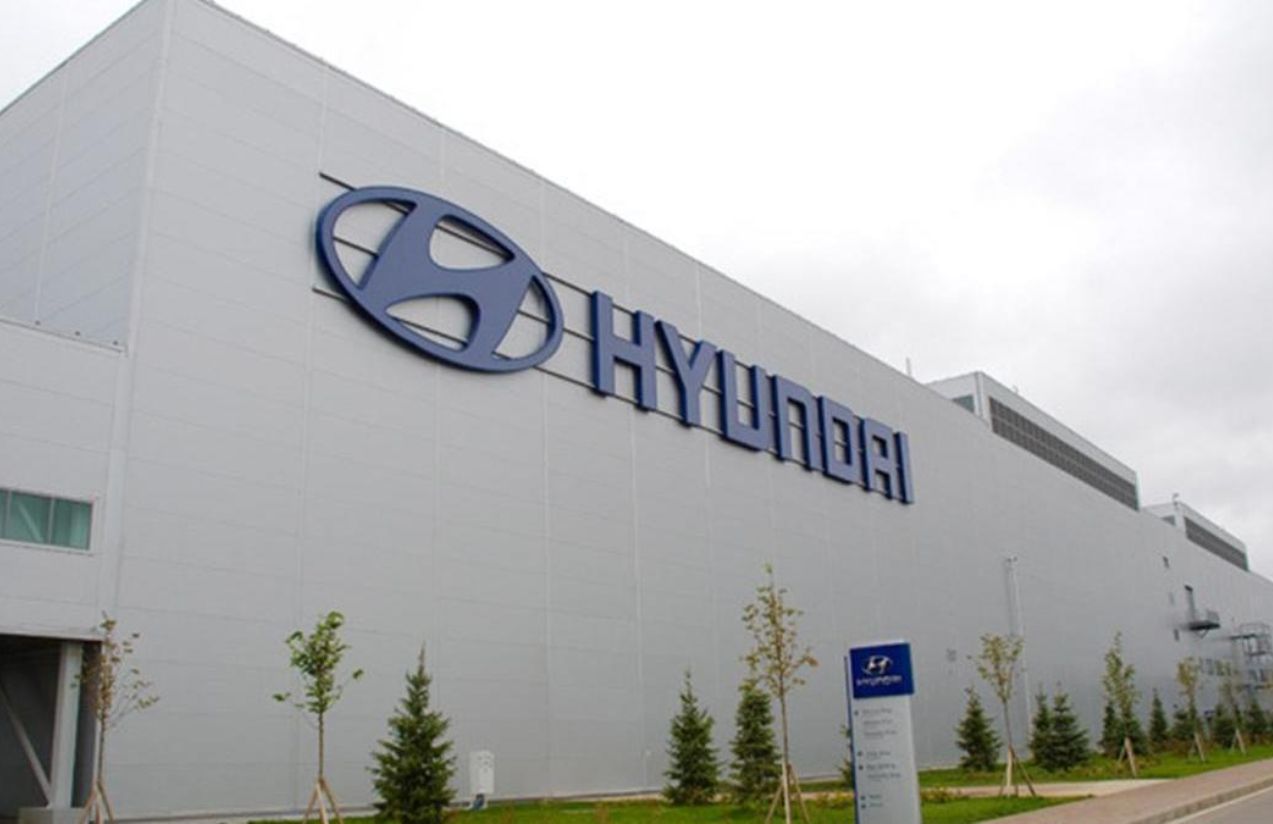In what has become the largest operation of its kind in the history of the United States Department of Homeland Security, federal authorities detained 475 people, in Hyundai, during a raid at an electric vehicle battery plant under construction in Ellabell, Georgia. Most of those arrested were South Korean nationals who, according to officials, were either working without proper authorization or had overstayed their visas.
Homeland Security Investigations Special Agent in Charge Steven Schrank stated that the raid was the result of a months-long investigation. He clarified that those detained were working for a network of subcontractors, not directly for Hyundai or LG Energy Solution, the companies overseeing the project.
The international response was swift. South Korean President Lee Jae Myung vowed to provide support for the affected citizens, while Foreign Minister Cho Hyun activated a special response team and is considering traveling to Washington to address the situation directly.
Hyundai has announced that it is fully cooperating with authorities and will conduct an internal review to ensure that its contractors and subcontractors comply with U.S. labor and immigration laws.
Why is this action so significant?
Because it highlights the clash between the U.S. policy of encouraging foreign manufacturing investments and the Trump administration’s strict immigration enforcement. The raid not only affects hundreds of workers but also places diplomatic and economic ties between the United States and South Korea under strain, at a time when billions of dollars in investment are at stake.

